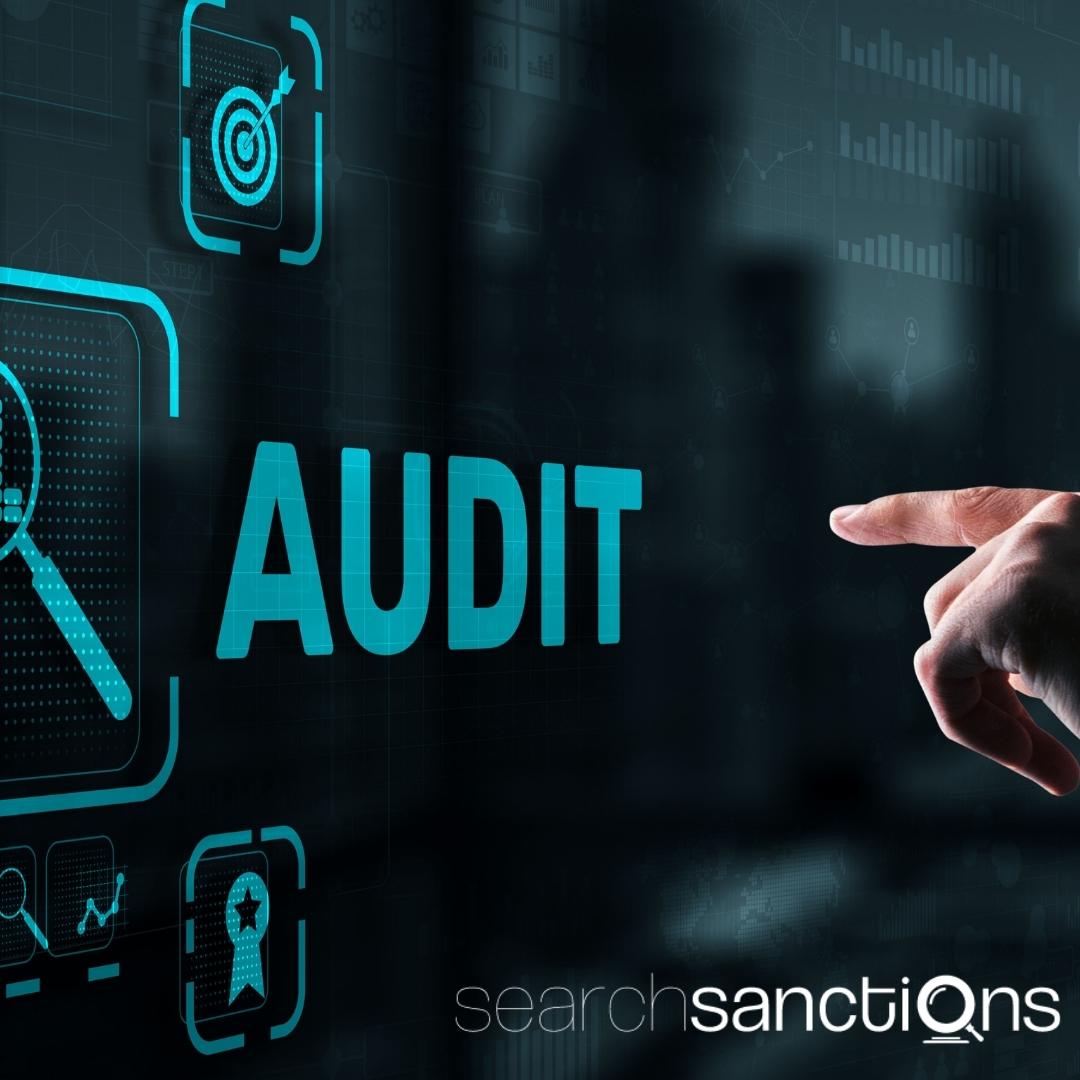AML and Independent Audit: Involving Auditors in AML Reviews

For financial institutions, internal audit is an effective management control mechanism and plays an important role in combating financial crime. Especially in an era of increasing regulation to prevent financial crimes such as Anti Money Laundering (AML), internal audit processes are a critical tool to assess the effective implementation of an organization's AML policies and processes.
Internal audit assesses the effectiveness, efficiency, legality and compliance of an organization's operations and business processes. It also helps detect financial crime and AML risks by examining the institution's risk management, internal control system and compliance processes.
The internal audit process enables financial institutions to work effectively in the fight against financial crime. It helps institutions comply with legal regulations by assessing the effectiveness of AML policies and processes. It also increases the level of security against financial crimes through internal control system review and risk assessment. It also enables institutions to continuously review and improve their AML processes through the reporting and improvement process.
Independent audit is a process that assesses the accuracy and reliability of financial statements and transactions of financial institutions. In this process, independent auditors examine and report on financial institutions' internal control systems and risk management. However, the effectiveness and implementation of AML policies have also become part of the audit process. Therefore, involving auditors in AML reviews is an important step.
The benefits of involving auditors in AML reviews are as follows:
Assessing Compliance:
Auditors assess whether AML policies and processes are in compliance with legal regulations. By verifying that the organization's AML policies are effectively implemented and obligations are fulfilled, they assess the level of compliance and contribute to taking necessary corrective measures.
Risk Assessment:
Supervisors assess the financial institution's AML risk management processes. Identifying high-risk customers and transactions is an important step in the risk assessment process. Auditors assess the institution's risk management capacity by observing that the risk assessment process is performed correctly and that adequate controls are in place.
Internal Audit:
Auditors check that AML policies and processes are effectively implemented. The internal audit process checks that AML processes are functioning properly and that any suspicious indicators identified are properly investigated and reported. Furthermore, the internal audit process ensures that AML policies and processes are continuously reviewed and improved.
An Independent Observation:
Auditors evaluate AML processes as an independent observer. This impartially assesses the effectiveness and implementation of AML policies and processes without relying on inside information. As an independent observer, they identify potential weaknesses and areas for improvement and provide valuable recommendations to the organization.
Reporting and remediation:
Auditors report on the findings of their AML reviews and make recommendations to the organization. These reports can provide guidance for improving AML policies and processes. Supervisors contribute to taking the necessary corrective and preventive measures to improve the effectiveness of the institution's AML processes.
Involving supervisors in AML reviews is an important step to assess the effectiveness and implementation of financial institutions' AML policies. Auditors play an important role in compliance assessment, risk management, internal audit, independent monitoring, reporting and remediation. By strengthening AML measures, financial institutions are in a stronger position to prevent financial crime and minimize risks.
Request Demo
You can contact us as to our services, integration processes, request demo or customized solutions.

